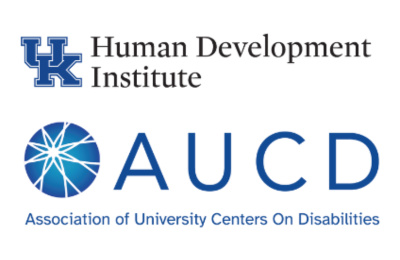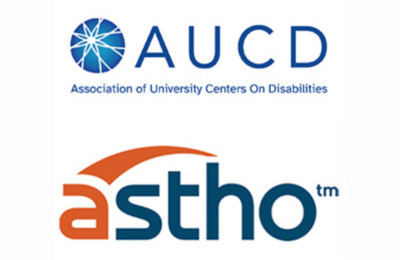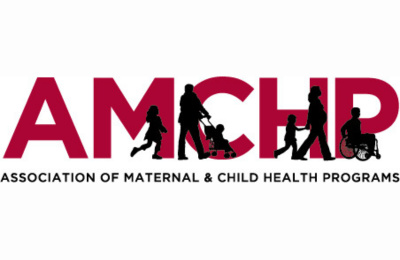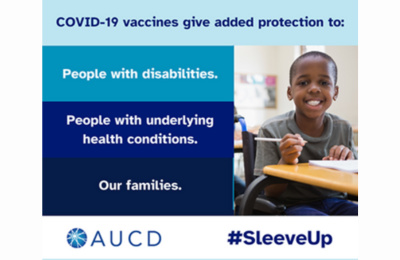About Public Health
AUCD’s Public Health Team works to create health promotion and public health efforts that include people with disabilities. AUCD builds capacity by encouraging collaboration between external public health partners and AUCD's Network Centers and Programs across every state and territory. Alongside partners and the AUCD Network, we focus on areas of greatest health disparity for people with disabilities.

















